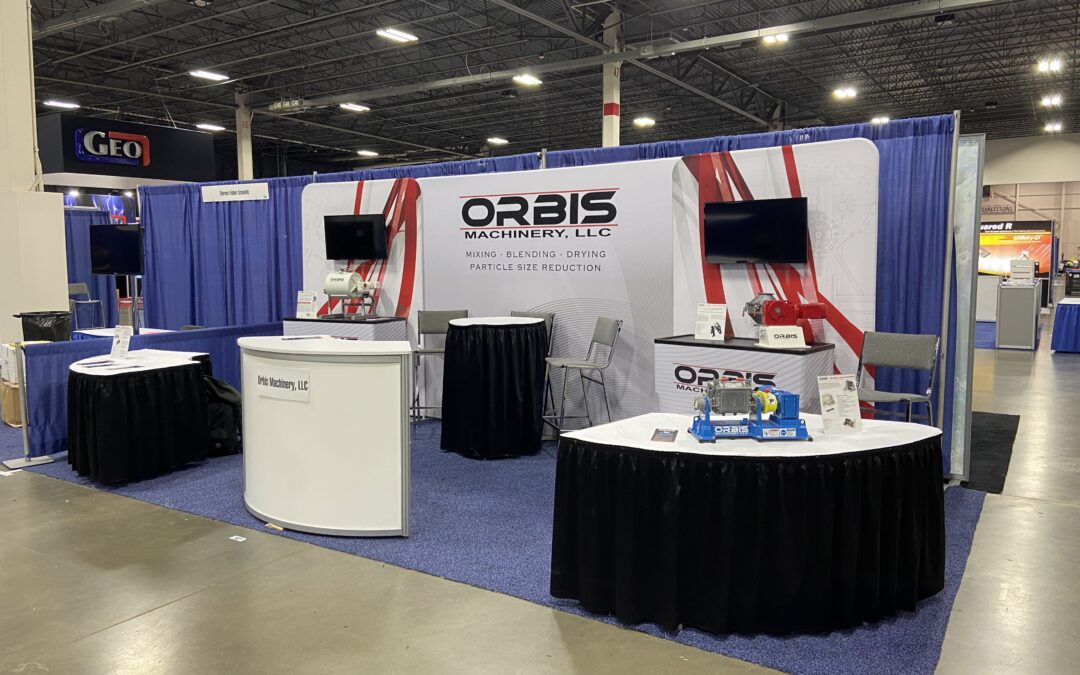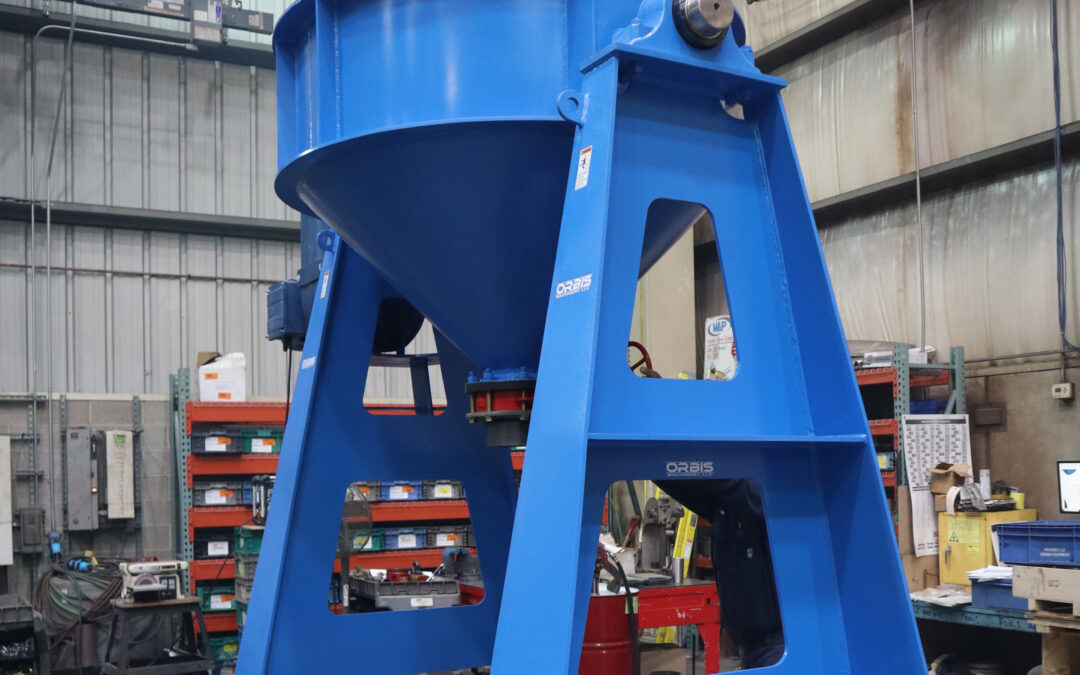The manufacturing industry is an enormous foundation to the U.S. economy. With applications ranging from automotive to food production, manufacturing has a limitless potential. Despite the level of importance in our economy, there are still concerns about U.S. public policies that influence the success of this sector. Recent studies have even demonstrated that there is no other sector that creates as much economic value in addition to new jobs.
Economic Influence & Tax Reform
During late 2015 through 2016, industrial production had become so weak, many questioned whether U.S. manufacturing would ever recover. But in 2017, continued growth throughout the year showed it was well on its way to recovery. Now as the economy sees the consumer weaken due to inflation and tepid wage growth, the manufacturing sector is becoming more responsible in keeping the economy afloat. It has become crucial that exports continue to grow, and that revenue growth is reinvested back into the U.S. economy instead of overseas.
Although recent tax reform cannot reverse the negative economic trends influencing the American consumer, it has already begun to show promise with reinvestments in the economy. Companies that were holding funds offshore must now expel them, allowing for more money to be invested domestically. The most recent tax reform has also opened opportunities for manufactures to be able to further invest into the economy.
To continue moving forward, the U.S. will rely heavily upon export growth. Fortunately, for the first time in nearly a decade, economies across the globe are accelerating alongside one another. This economic growth is opening more opportunities for U.S. manufactures to export. In order to continue this trend, it is key that we maintain positive relationship with our trading partners. So long as export channels remain open and without trade disputes, there is a very positive outlook for manufacturers.
Preparing for a New Generation
As an industry that is generally regarded as loud, dirty, and dangerous, manufacturers must do more to attract young workers to the field. This new generation will have the skills necessary for continued growth in modern manufacturing. By demonstrating new technologies as cutting edge and safe, more individuals will be open to the field of manufacturing.
This millennial generation has the interest in technology needed for success in a manufacturing career. Companies need to highlight the technology that these individuals will be working with. Advanced manufacturing opportunities will rely upon everything from additive and 3D printing, to robotics and automation. In addition, it’s important to show just how lucrative a career in the industry can be.
Yet not only does this responsibility fall upon the shoulders of manufactures, but the country as a whole. With a shortage of female workers across the country and parents rarely encouraging their children to go into such a field, there are many inaccurate perceptions of the industry. Despite the public perceptions that this trade is vital to the economy as well as creating high-tech jobs, it appears many still hold a negative impression of manufacturing in general. We have seen some action on this front as the US Department of Labor is creating apprenticeship programs across the country, several of which are reserved explicitly for women.
When looking at the long-term benefits, manufacturing policy must be continually addressed by our policy leaders. For all industries within this sector, manufacturing innovation and policies will be crucial to address the challenge of global competition. With policies in place that support growth, innovation, favorable environments, and workplace development in the U.S., manufacturers have reason to be hopeful for the future of the industry.
Blackwell, R. (n.d.). New Directions in Manufacturing: Report of a Workshop. Retrieved from https://www.nap.edu/read/11024/chapter/16
Gray, S. (2019, February 02). How Regulation Is Affecting the U.S. Manufacturing Industry. Retrieved from https://www.gray.com/news/blog/2017/08/09/how-regulation-is-affecting-the-us-manufacturing-industry



